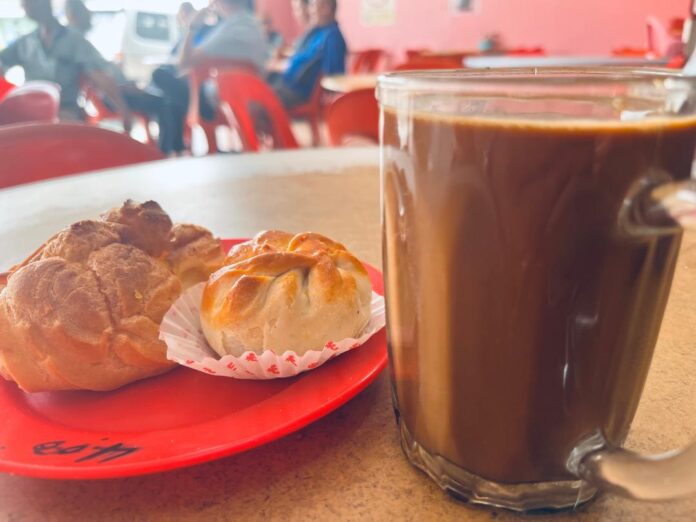By Remy Majangkim
KOTA KINABALU: In Sandakan, dinner is served at 7 pm sharp, and politics rarely keeps people awake past 9 pm. Yet when elections arrive, this quiet coastal town becomes the stage for Sabah’s loudest political drama.
To seasoned observers, Sandakan is a political weather vane — a place where the winds of change are first felt and where the mood of the electorate often foreshadows the fate of the state government.
Its timber-boom days in the Berjaya era of the 1980s left behind a legacy of resilience and rebellion.
That spirit still lingers in the town’s political DNA: a stubborn insistence on good governance, a deep respect for the rule of law, and a readiness to punish leaders who betray their trust.
The stakes here are high. Victories in Sandakan’s constituencies — Elopura and Tanjung Papat — ripple outward, setting the tone for Sabah’s administration. In 2018 and again in 2020, the choices made by Sandakan voters reshaped alliances and legacies across the state.
The numbers tell their own story. Elopura counts roughly 39,000 voters. Tanjung Papat has about 16,750.
Most are Chinese, young professionals in their thirties, juggling careers and young families. They are not passive spectators. They lived through the turbulence of recent elections, felt the sting of betrayal, and watched leaders rise and fall in humiliation.
Seven years ago, these voters were swept up in the promise of reform. The Democratic Action Party (DAP), a Malayan-based party, captured their imagination and their ballots. For many, it was more than a vote — it was a declaration that Sandakan would not be sidelined, that its voice mattered in the national conversation.
But the wind has shifted. Today, the mood is more cautious. The same electorate that once embraced change now weighs its options with sharper scepticism. Sandakan’s Chinese voters remain strategic, aware that their collective decision can tilt the balance of power in Sabah.
Politicians know it too: winning Sandakan is not just about securing a seat but about securing legitimacy.
Coffee shops buzz with political chatter during campaign season, but rallies with loudspeakers are frowned upon.
Sandakan prefers its politics measured, not noisy.
In the end, Sandakan is not merely a constituency. It is Sabah’s conscience — restless, principled, and unwilling to be taken for granted.
As this article is being written, it’s too close to call who will win in the three seats with a majority of Chinese voters.
However, there are signs that support for the Warisan and KDM candidates is growing, especially against the strong PH/DAP presence.


